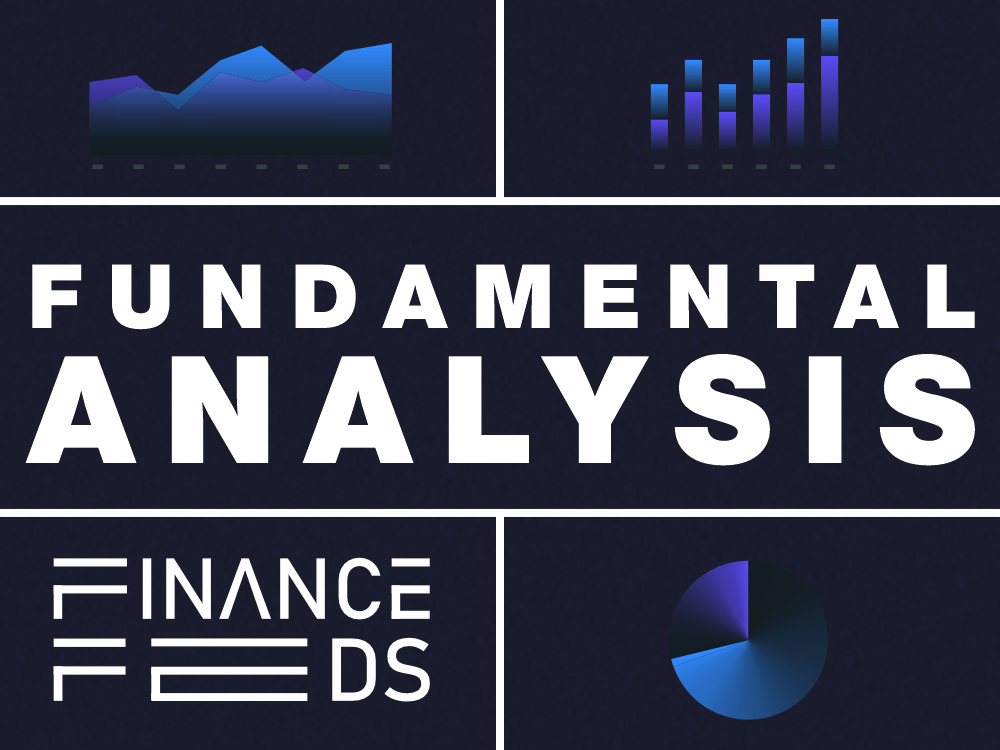Federal Reserve Policy on Hold
The US Federal Reserve is expected to maintain current interest rates despite positive US economic data. This cautious approach stems from concerns about:
- A potential global economic slowdown, particularly in China and Europe, which could dampen US growth.
- Lingering inflationary pressures, although expectations have eased slightly. The Fed may seek more evidence of price stability before lowering rates.
- Disagreements within the Fed regarding the pace of future rate adjustments.
Market anticipates potential Fed rate cuts later in 2024:
- September: 50% chance of a rate cut
- November: 85% chance of a rate cut
These expectations will be influenced by upcoming economic data releases, especially inflation figures and employment reports.
Eurozone Economy Picks Up Steam
- The Eurozone Purchasing Managers’ Index (PMI) indicates expansion in all sectors, reflecting improving economic growth.
- This positive outlook strengthens the Euro as investor confidence increases.
European Central Bank Likely to Cut Rates in June
The European Central Bank (ECB) is expected to cut interest rates in June to stimulate economic activity and potentially weaken the Euro to support exports. However, the ECB’s future rate cut strategy remains unclear. They will likely assess the effectiveness of the June cut and incoming economic data before deciding on further adjustments.
US Dollar Index (DXY) Under Pressure
Despite positive US data, the DXY faces selling pressure due to:
- Investor reevaluation of Fed rate cuts: Lower inflation expectations lead investors to question the need for early rate cuts. This reduces the appeal of the US Dollar for yield-seeking investors.
- Strength of other currencies: The Euro’s recent gains, driven by the Eurozone’s improved outlook, make the US Dollar relatively less valuable.
This report provides a brief overview of some key factors affecting central bank policy and currency valuations. Stay informed about further developments in the global economic landscape.
Next week’s economic news highlights:
- European Central Bank (ECB) Meetings (May 27th & 28th):
- Impact: Medium on EUR.
- Explanation: The ECB is expected to cut interest rates in June. These meetings will provide clues about the future pace of rate cuts and their impact on the Euro. A dovish stance from the ECB could weaken the Euro, while a more hawkish stance could strengthen it.
- Retail Sales (YoY) for Australia & Eurozone (May 29th & May 31st):
- Impact: High for AUD & EUR.
- Explanation: Strong retail sales figures indicate healthy consumer spending, a positive sign for economic growth. This could strengthen the Australian Dollar (AUD) and the Euro (EUR).
- Consumer Price Index (CPI) for Various Countries (May 29th & May 31st):
- Impact: High for AUD, EUR, JPY, USD.
- Explanation: CPI reports measure inflation. Rising inflation could lead to central banks raising interest rates to control it. This could strengthen currencies like the AUD, EUR, JPY, and USD. However, central banks may be cautious about raising rates if inflation remains low.
- US Gross Domestic Product (GDP) (May 30th):
- Impact: High for USD.
- Explanation: GDP is a key indicator of economic health. A strong GDP report could boost confidence in the US economy and strengthen the US Dollar (USD).
- Core Personal Consumption Expenditures Price Index (PCE) for the US (May 31st):
- Impact: High for USD.
- Explanation: The PCE is the Federal Reserve’s preferred inflation measure. A higher PCE reading could increase expectations of a Fed rate hike, strengthening the USD.
The subject matter and the content of this article are solely the views of the author. FinanceFeeds does not bear any legal responsibility for the content of this article and they do not reflect the viewpoint of FinanceFeeds or its editorial staff.
The information does not constitute advice or a recommendation on any course of action and does not take into account your personal circumstances, financial situation, or individual needs. We strongly recommend you seek independent professional advice or conduct your own independent research before acting upon any information contained in this article.


